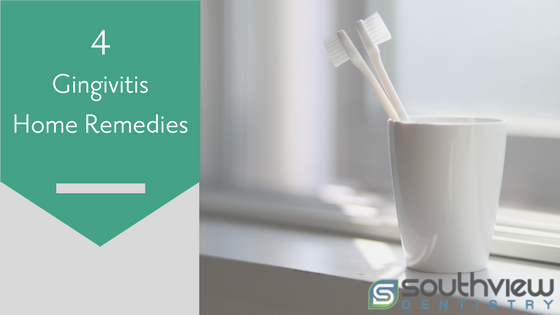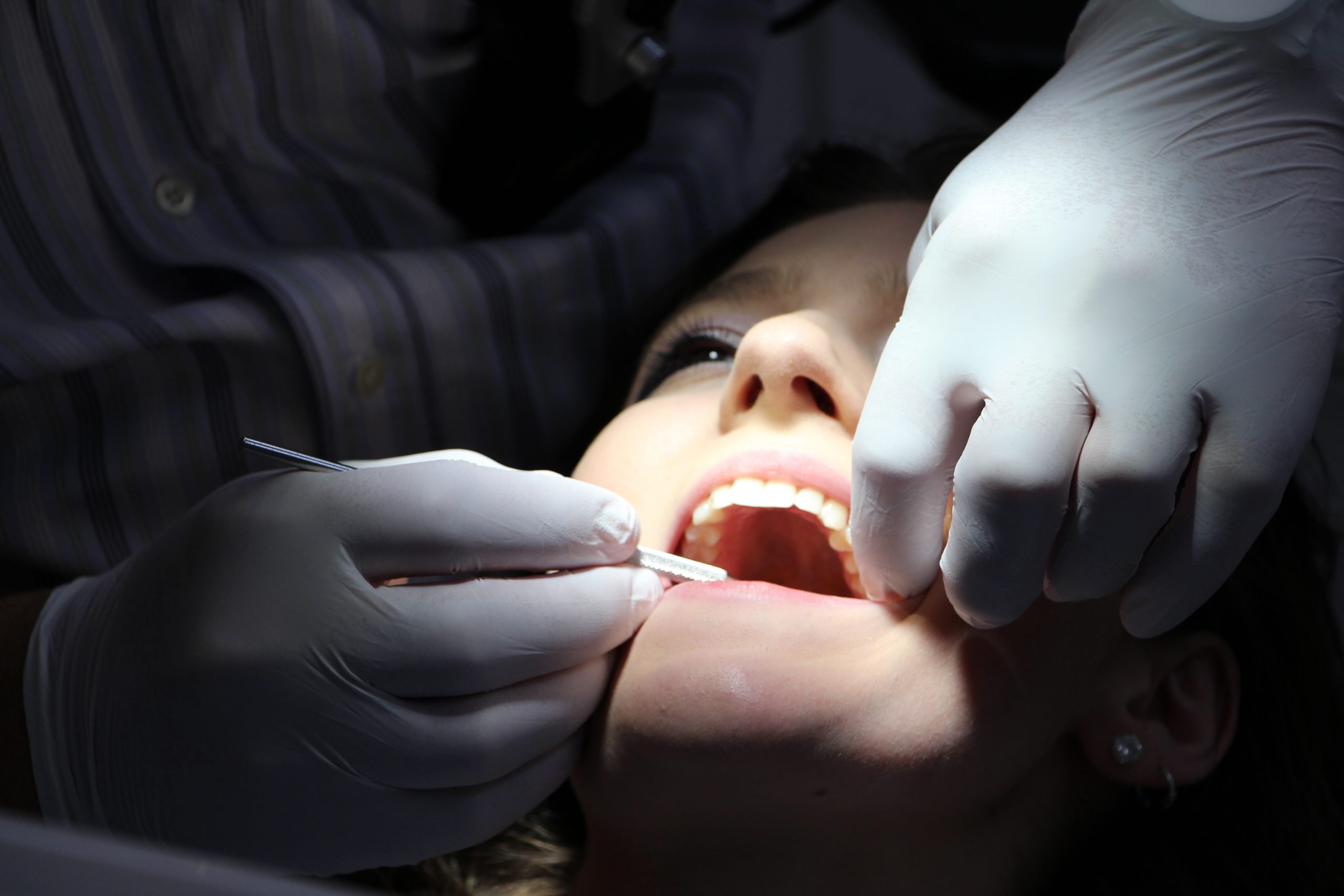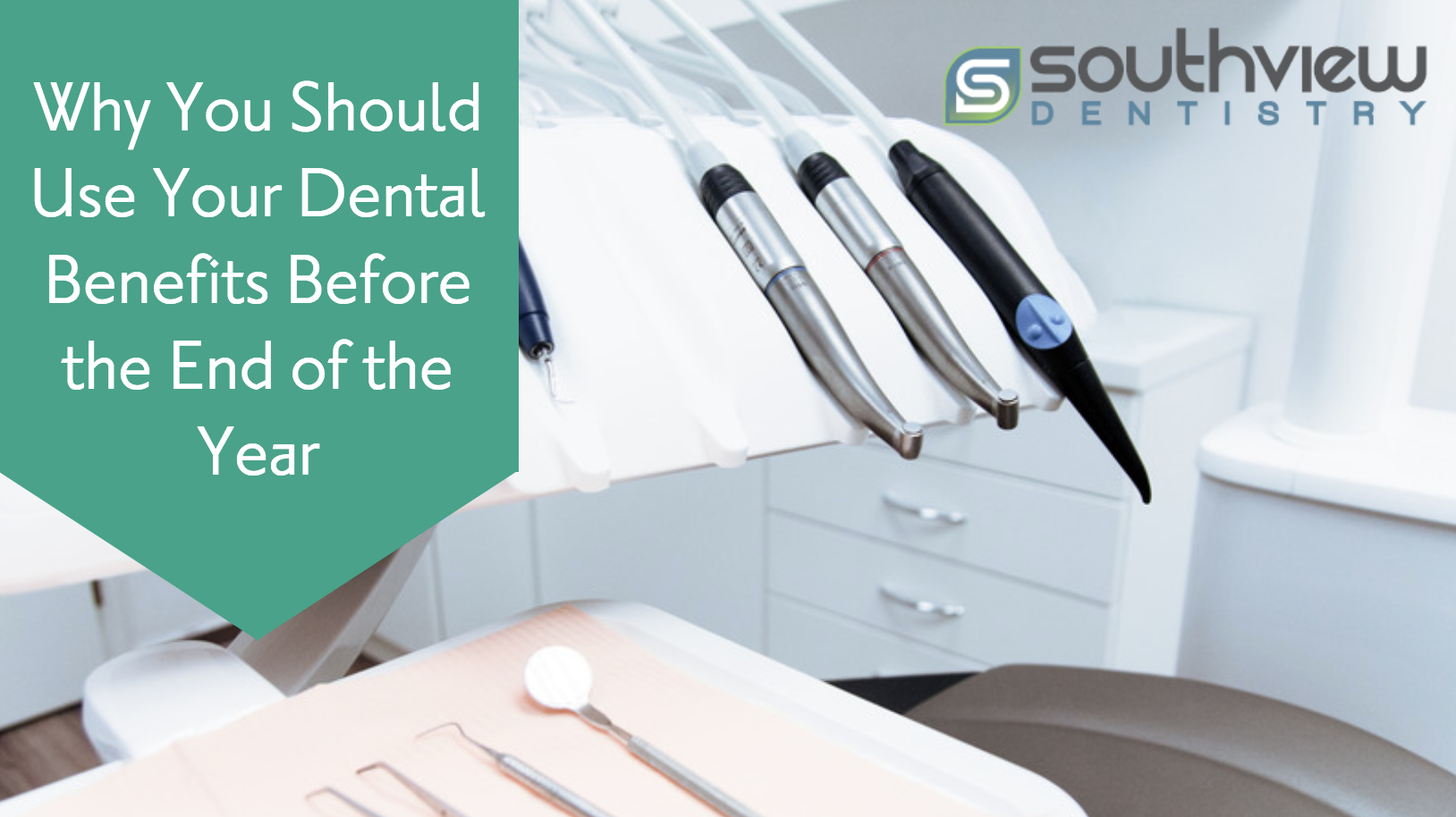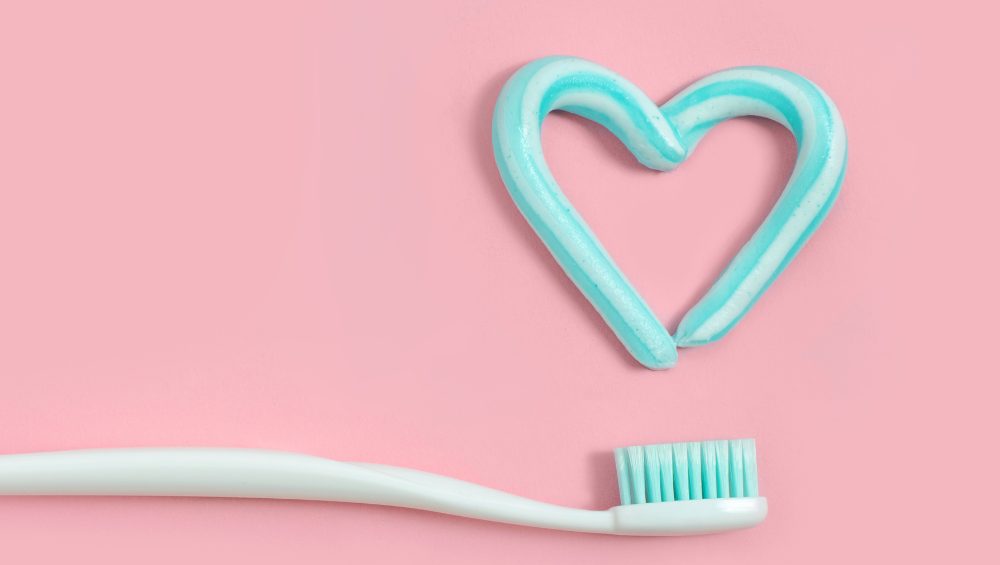
Four Gingivitis Home Remedies
October 25, 2017
What Is Invisalign and Why It Could be Right for You
January 10, 2018The end of the year is full of activities. Family, school, and work obligations can keep you running constantly, without the time to consider other important things – such as whether you have used all of the health care and dental plan benefits covered by your insurance. When it comes to dental benefits, millions of people each year are ringing in the New Year leaving money on the table. According to the National Association of Dental Plans, only 2.8% of people with PPO (Preferred Provider Organization) dental plan participants reached or exceeded their plans annual maximum. Many people also have Flexible Spending Accounts, which help pay for dental and medical care with pre-tax dollars.
Whether you’re paying for dental care through a benefits plan or using an FSA, your current plans will most likely run out on December 31. Don’t let your hard-earned dental dollars go to waste. Here is a breakdown of what is flex spending, what these dental benefits are, when you need to use them by and how to make the most of your benefits.
Dental Benefits Plan
Many people with dental benefits get them through their employers, though individual plans are also available through Health Insurance Marketplaces established by the Affordable Care Act. Remember, when you buy a plan you and your employer are paying some premium – upfront dollars – that are wasted if you don’t see your dentist.
When You Need to Use Them By
Many insurance companies have dental benefits deadlines of December 31, and this means that any of your unused benefits don’t roll over into the New Year for most dental plans. Still, some plans may end at different times of the year, so check your plan document or ask your employer to be sure.
Tips for Making the Most of Your Plan
The key with this type of coverage is to take advantage of any dental benefits before they expire for the year.
- Prevention is better than cure both for your health as well as your pocketbook. Most plans typically pay 100% for preventive visits, so if you have not had one yet, this may be a good time to schedule one.
- Start thinking about using your coverage early. During a dental appointment that’s over the summer or in the fall, talk to your dentist about what your dental needs are and what treatment you might need before the end of the year. (For example, a back-to-school appointment is a great time to bring this up.) Make any upcoming appointments early so you can take care of them before the holidays.
- Once you’ve determined what your dental needs are, work with your dentist and benefits provider to figure out what is covered. Often, your dentist’s office will look into this information for you. You can also call your plan using the 800 telephone number on your identification card, or go to their website for information.
What Is Flex Spending
You might be asking yourself, “what is flex spending?” A Flexible Spending Account (FSA) is an account you can set up through your employer. During open enrollment, you choose how much money to put into this account, and a portion of this amount is deducted from each paycheck pre-tax. FSAs generally cover services or products that help keep your mouth healthy, including cleanings, braces needed for dental health reasons, benefit plan co-pays, dentures and more.
Many FSAs work like debit cards, and you can use that card to pay for various medical and dental expenses, including some products available at your local drugstore.
When You Need to Use Them By
Generally, you must use the money in an FSA within the plan year by December 31. However, your employer may offer one of two options that give you a little more time to spend what’s in your account:
- Some provide a grace period of up to 2½ extra months to use the money in your FSA.
- Others may allow you to carry over up to $500 per year to use in the following year.
Whether it’s at the end of the year or a grace period, you lose any money you haven’t spent. Check with your employer or FSA administrator to see what your plan allows.
Tips for Making the Most of Your FSA
- Plan carefully so you don’t put more money in your account than you will spend within a year on dental or other health care costs.
- As with dental benefit plans, talk with your dentist in the summer or fall during regular appointments to see if you have any needs or procedures that need to be completed. Ask your dentist, “what is flex spending going to cover,” and you may be able to use your FSA to pay for these needs or use your FSA to pay any associated co-pays or co-insurance.
- Contact your FSA administrator for a list of covered services and products (usually referred to as eligible expenses). However, most FSA accounts cannot be used for cosmetic procedures and services like whitening, veneers or cosmetic braces.
- Make any remaining dental appointments as soon as you know you need them to ensure your FSA dollars can be used in time.
Keep Your Deductibles In Mind
As you approach the end of the year, consider how close you are to your deductible since they reset at the end of each year. If you have met your deductible already, you have every incentive to take full advantage of all health care needs before the deductible resets.
What Are Your Annual Maximums?
Dental plans in particular may have a maximum coverage amount. If you expect to need upcoming work such as fillings, root canals, or crowns, and you have the available funds in your plan, get them taken care of before the plan resets for the New Year.
Waiting until the beginning of the new year could work. You can get the same work done, but you will have used up most of your coverage for the year already. If you need follow-up work or a second major procedure, you may be on the hook for expenses.
Besides, putting off necessary dental work usually keeps you in pain for a longer time, and it has a chance of making the eventual work more complicated and expensive (and potentially life-threatening in case of infection).
Are Your Dental Benefits Changing?
Given the turbulence in health care plans, the dental benefits you receive in the next year may be different from the ones you received this year. There is no guarantee that dental benefits plans will remain constant from year to year, either.
Do not leave any critical benefits on the table in hopes that they will increase next year. How often does that happen?
Take Care of Yourself
There is one final reason you may need to use up your health insurance and dental benefits before the end of the year – if you have not been to the doctor or dentist at all. Failing to be pre-emptive with your health is the same as failing to be pre-emptive with your finances. Nothing good ever happens in that case.
In short, take care of yourself and use all the health care and dental benefits available to you. That is just plain common sense.



